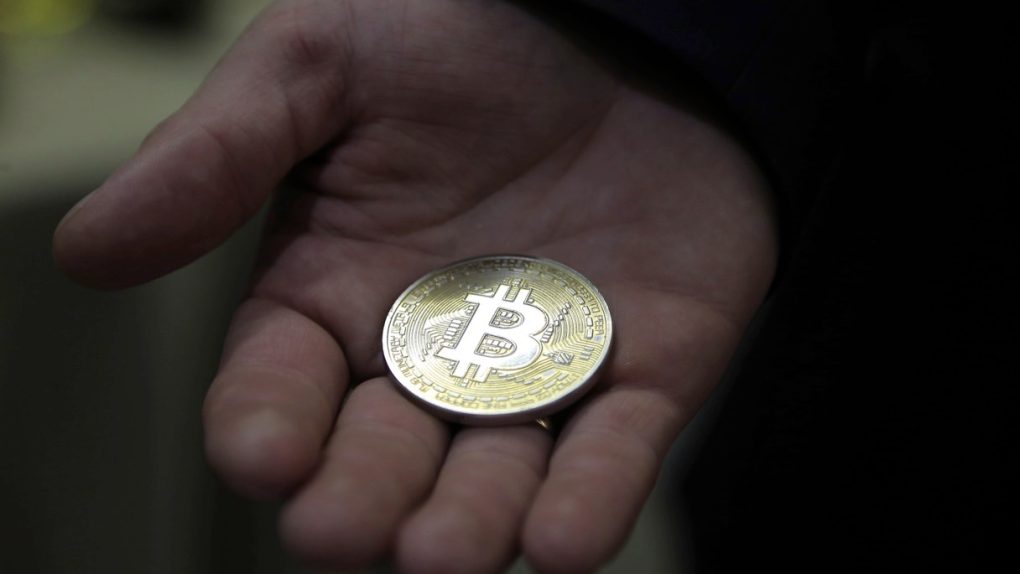It took Bitcoin more than two weeks to recover the ground it lost in early February when the most popular cryptocurrency in the world plunged below $6,000 for the first time since November. Bitcoin is nowhere near its record highs from mid-December when it hit almost $20,000, but the digital coin is finally trading above $11,000 again. Then again, there’s no predicting the crypto market. And because Bitcoin is on the rise, all other digital coins are slightly up or holding steady in trading on Monday. So what happened?
The crypto world is still riding a wave of positive news, which includes the White House’s official comments on the matter. Trump’s government isn’t ready to regulate Bitcoin yet, but it’s keeping an eye on it.
“I think we’re still absolutely studying and understanding what the good ideas and bad ideas in that space are,” special assistant to the president and White House cybersecurity coordinator Rob Joyce said at the Munich Security Conference in Germany last week. “So, I don’t think it’s close.”
That doesn’t mean regulation fears will subside anytime soon. As CNBC reports, Joyce also said that the government is worried about cryptocurrencies being used in illegal ways.
“We are worried. There are benefits to the bitcoin concept — digital cash, digital currencies,” Joyce said. “But at the same time, if you look at the way bitcoin works after there is a criminal act that takes place, you can’t rewind the clock and take back that currency.”
One country that’s very crypto-friendly, Switzerland, just came out with guidelines for initial coin offerings (ICO), which became a popular method of raising money last year with the help of cryptocurrency. Using ICOs, companies don’t have to adhere to the guidelines that surround VC and angel capital when they raise money. The Swiss Financial Market Supervisory Authority (FINMA) published ICO guidelines late last week to regulate ICOs.
“The application of blockchain technology has innovative potential within and far beyond the financial markets,” FINMA CEO Mark Branson said. “However, blockchain-based projects conducted analogously to regulated activities cannot simply circumvent the tried and tested regulatory framework. Our balanced approach to handling ICO projects and inquiries allows legitimate innovators to navigate the regulatory landscape and so launch their projects in a way consistent with our laws protecting investors and the integrity of the financial system.”
One of the main banks in the Netherlands also announced late last week that it’ll use blockchain technology to replace escrow accounts. “With this new service, every individual client of the non-bank organization gets a bank account with the ABN AMRO Clearing Bank (AACB) via the blockchain,” the press release reads. “That way, fund flows between the organization and its clients are included in payment processes under regular supervision, guaranteeing the required transparency. This blockchain method drastically reduces administrative costs for the organization by eliminating escrow account management costs.”
Not all banks are happy with the Bitcoin surge. The Polish Central Bank (NFB) was just caught redhanded and admitted it paid a YouTuber to attack digital coins online. The bank also invested in Google and Facebook campaigns for the same purpose, according to NewsBTC .
Finally, there’s news about Tether, which just created 86 million EURT and 60.1 million USDT both based on the Ethereum, Finance Magnets reports. Tether faced intense criticism lately, for lack of transparency regarding its business model and the way it’s issuing tokens. Tether coins are supposed to be backed up by fiat currency. Therefore every USDT token should be valued at $1. The currency allows users to seamless trade coins online, by converting money to USDT or EURT rather than fiat coins.








